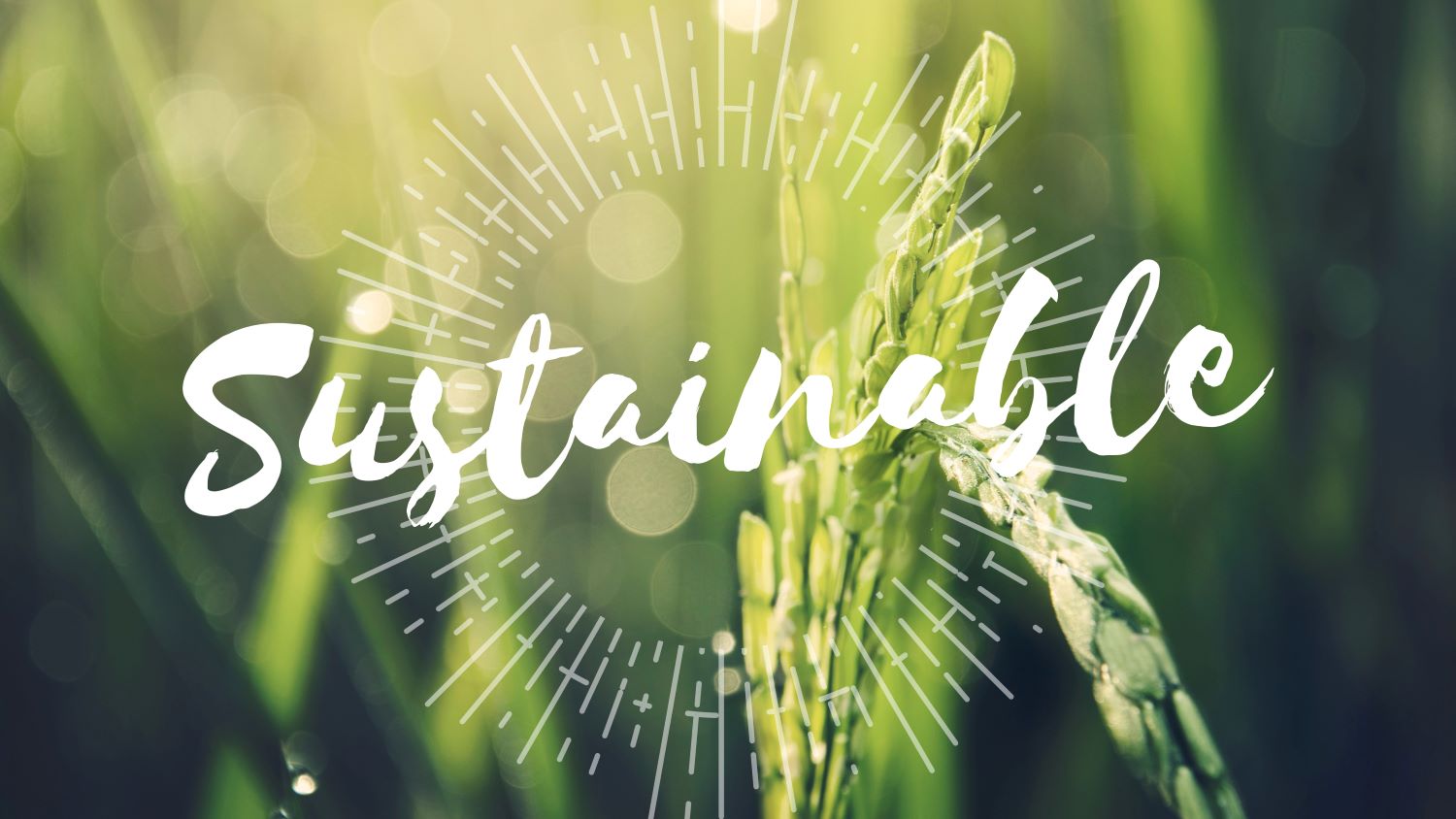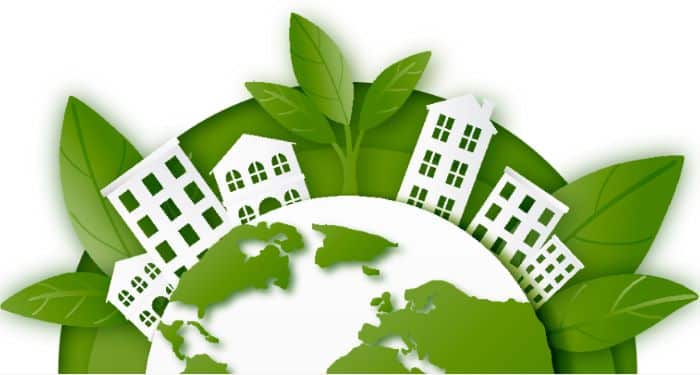
The food system remains one of the primary drivers of climate change and environmental degradation. AWG plays an important role in developing solutions to these challenges and AWG must integrate sustainability into strategy and action. AWG is incorporating sustainability into everyday operations, making environmental improvements that positively impact member retailers, promote a sustainable future and lead to social and economical improvements in the communities in which it operates. AWG teams are working to reduce contributions to climate change through operational excellence practices such as implementing sustainable procurement methods, reducing consumption of energy, reducing waste, increasing recycling and investments in clean energy.
Responsible Partnerships – No one company can address these issues alone. AWG knows that continuous environment improvement stretches beyond just its walls so fostering partnerships that enhance a cleaner operation are vitally important.
Food Donations
AWG is dedicated to providing food for our communities. In 2024, AWG donated 1,146,508 meals.
AWG Partnerships
AWG is proud to partner with organizations who align with our sustainability goals. In 2024, in partner collaboration, 1,273 conservation trees were planted in the heart of our communities, right in the midwest. Conservation trees benefit both people and animals. They shade and shelter homes, reduce soil erosion, protect crops and livestock, provide food and cover for wildlife, buffer noise, provide valuable products and add beauty to the landscape.
Distribution Center Waste – Landfill Diversion
In 2024, AWG diverted 31,527,645 pounds from landfills into environmentally friendly options such as recycling, reuse, energy, composting and land application. Here are some of AWG’s environmental impacts from that landfill diversion in 2024 alone:
